Secrets to Maintaining Tomato Paste Production Line Equipment
Producing tomato sauce is a complex and highly automated process that involves various equipment working together seamlessly. Whether it's washing and sorting tomatoes or grinding, concentrating, and bottling, each step relies on the smooth operation of machinery. Regular maintenance is crucial to ensure the continuous operation of the production line and to prevent any potential disruptions. This article provides a detailed guide on how to maintain tomato sauce production line equipment regularly, troubleshoot common issues, and ensure stable long-term operation.
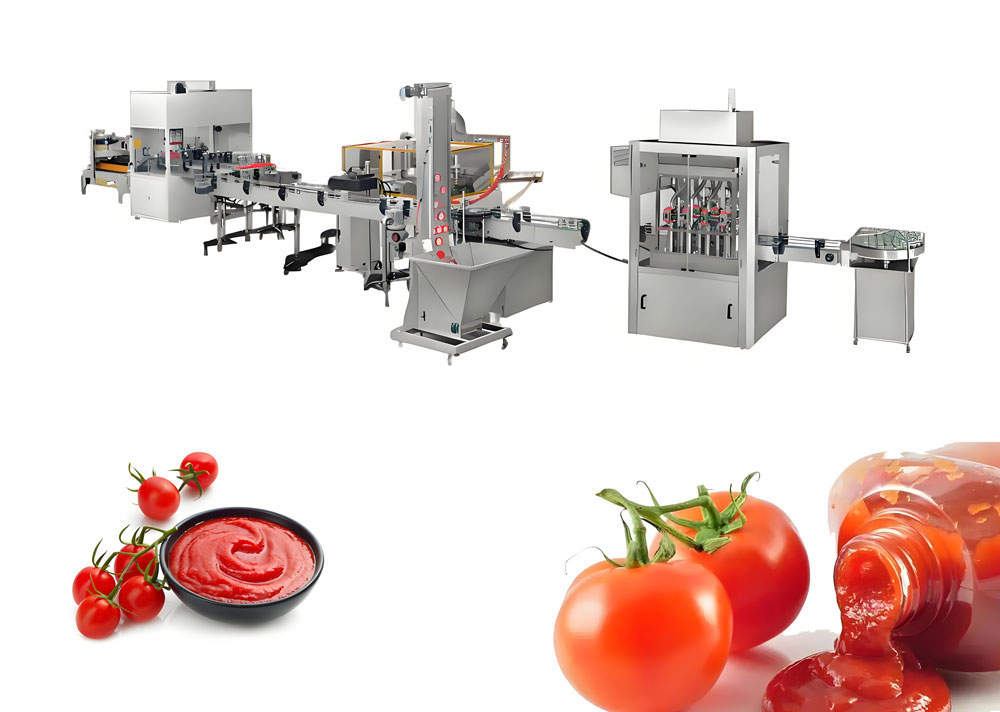
Importance of Maintaining Tomato Sauce Production Line Equipment
The equipment used in tomato sauce production is frequently exposed to high temperatures, humidity, and acidic environments, which can accelerate wear and tear. Failure to perform timely maintenance can lead to equipment malfunctions, resulting in production downtime, financial losses, and reduced output. Therefore, maintaining the equipment is essential for:
Extending Equipment Lifespan: Regular maintenance minimizes wear and extends the equipment's operational life, reducing replacement costs.
Ensuring Consistent Product Quality: Unstable equipment can lead to inconsistencies in the tomato sauce quality, impacting brand reputation.
Reducing Downtime: Proactive maintenance helps avoid sudden equipment failures and decreases downtime, ensuring smooth production.
Compliance with Safety and Hygiene Standards: Food processing equipment must meet strict hygiene standards, and regular cleaning and maintenance prevent contamination.
Common Equipment Issues and Solutions
During tomato sauce production, various challenges can arise. Here are some common issues along with their solutions:
1. Blocked Washing Machine
Tomato washing machines can become clogged with skins, seeds, and dirt, affecting cleaning efficiency.
Solution:
- Clean the washing machine daily to remove debris and regularly replace filters to prevent blockages.
- Implement automatic cleaning systems to help eliminate accumulated residues promptly.
2. Worn Grinding Machine Blades
The blades of the grinding machine come into direct contact with tomatoes, and prolonged use can dull or damage them, compromising grinding effectiveness and product quality.
Solution:
- Regularly check the blades for wear and replace or sharpen them as needed.
- Opt for high corrosion-resistant materials for blades to extend their lifespan.
3. Reduced Heat Efficiency in Evaporators
Evaporators are used to concentrate tomato juice, and buildup on their surfaces can significantly reduce heat transfer efficiency, leading to uneven concentration.
Solution:
- Thoroughly clean the evaporator monthly to remove surface deposits.
- Use appropriate cleaning agents to ensure effective cleaning without damaging the equipment surface.
4. Accuracy Issues with Filling Machines
During the bottling process, worn seals or nozzles can lead to inaccurate filling, resulting in spills or insufficient filling amounts.
Solution:
- Inspect seals and nozzles bi-weekly, replacing worn parts as needed.
- Regularly calibrate filling equipment to ensure precision, minimizing waste.
5. Corrosion in Conveying Systems
Tomato sauce contains organic acids, which can corrode metal surfaces over time, shortening the conveying system's lifespan.
Solution:
- Use stainless steel or other corrosion-resistant materials for key components of the conveying system.
- Apply protective coatings regularly and clean the conveying system daily to prevent acidic residues from accumulating.
Preventive Maintenance Plan for Tomato Sauce Production Line Equipment
To ensure smooth operations, a comprehensive preventive maintenance plan is essential. Here are key points for effective preventive maintenance:
1. Regular Maintenance Schedule
Different equipment has varying usage frequencies and operating environments, requiring tailored maintenance schedules.
- Washing Equipment: Clean and inspect daily to prevent debris buildup affecting production.
- Grinding Equipment: Check blade wear monthly and replace or sharpen as needed.
- Evaporators: Conduct thorough cleanings quarterly to maintain efficient heat transfer.
- Filling Equipment: Inspect and calibrate weekly to ensure accuracy.
- Conveying Equipment: Clean and check weekly for corrosion and take preventive measures.
2. Employee Training
Employees are crucial for daily operations and equipment maintenance. Regular training ensures they are familiar with equipment operation protocols and maintenance procedures, helping to identify and address potential issues early.
- Staff should be trained to recognize early signs of equipment wear and abnormalities, allowing for timely intervention.
- New hires should receive training on equipment operation and basic maintenance to ensure all employees have the necessary skills.
3. Maintenance Checklist
Creating a maintenance checklist can help ensure systematic checks and records for all equipment, focusing on critical components that require attention.
- Mechanical Components: Monitor the wear of motors, conveyor belts, gears, etc.
- Electrical Systems: Inspect cables, control panels, and other electrical components.
- Cleaning and Hygiene Tasks: Ensure all surfaces and pipelines are free of food residues and compliant with hygiene standards.
Tips for Extending Equipment Lifespan
In addition to routine maintenance, here are ways to extend the lifespan of tomato sauce production line equipment and improve production efficiency:
1. Avoid Overloading
Running equipment beyond its capacity puts excessive pressure on it, shortening its lifespan. Ensure production schedules are balanced to prevent long-term overloading.
2. Monitor Key Components
Certain equipment parts, such as seals, bearings, and gears, experience higher stress and wear rates. Regularly inspect these critical components and replace them as needed to prevent minor issues from leading to significant equipment failures.
3. Maintain Proper Lubrication
Proper lubrication reduces friction between mechanical parts, lowering heat and wear. Follow manufacturer recommendations on lubrication types and schedules.
4. Control Equipment Environment
Keeping the equipment operating environment at suitable temperature and humidity levels can prolong its lifespan. Particularly for electrical components, excessive humidity or temperature can lead to failures.
Long-Term Maintenance Strategy
In addition to daily and periodic maintenance, developing a long-term maintenance strategy is crucial for ensuring continuous efficient operations.
1. Maintain Equipment Maintenance History
Keeping records of maintenance, repairs, and inspections allows you to track equipment conditions and identify recurring issues, enabling targeted maintenance strategies.
2. Communicate with Suppliers
Maintaining good communication with equipment suppliers ensures you receive the latest maintenance advice and technical support, helping keep equipment in optimal condition. Suppliers can also provide necessary spare parts to prevent unexpected failures.
3. Conduct Annual Comprehensive Inspections
Besides routine maintenance, an annual comprehensive inspection of equipment should be conducted to perform thorough cleaning, replace worn parts, and ensure optimal performance for the coming year.
Compliance with Food Safety Standards
As food processing equipment, tomato sauce production lines must meet strict food safety and hygiene standards. Regular cleaning and maintenance are crucial in preventing contamination. To ensure compliance, consider the following measures:
- Regular Disinfection: Regularly disinfect equipment, especially parts that come into direct contact with food.
- Prevent Residue Buildup: Quickly remove tomato residues from surfaces and interiors to prevent bacterial growth.
- Follow Hygiene Standards: Adhere to local food safety regulations by conducting regular hygiene checks and cleaning routines.
Conclusion
Maintaining tomato sauce production line equipment is vital for ensuring smooth operations and directly impacts product quality and cost-effectiveness. By implementing a regular preventive maintenance plan, promptly addressing common equipment issues, and training personnel, businesses can avoid costly downtimes and enhance the reliability of their production processes. The emphasis on hygiene and compliance with safety standards also ensures the final product meets consumer expectations, further solidifying brand reputation and success in the competitive market.
Must-Read Blogs For Chain Restaurants Owner

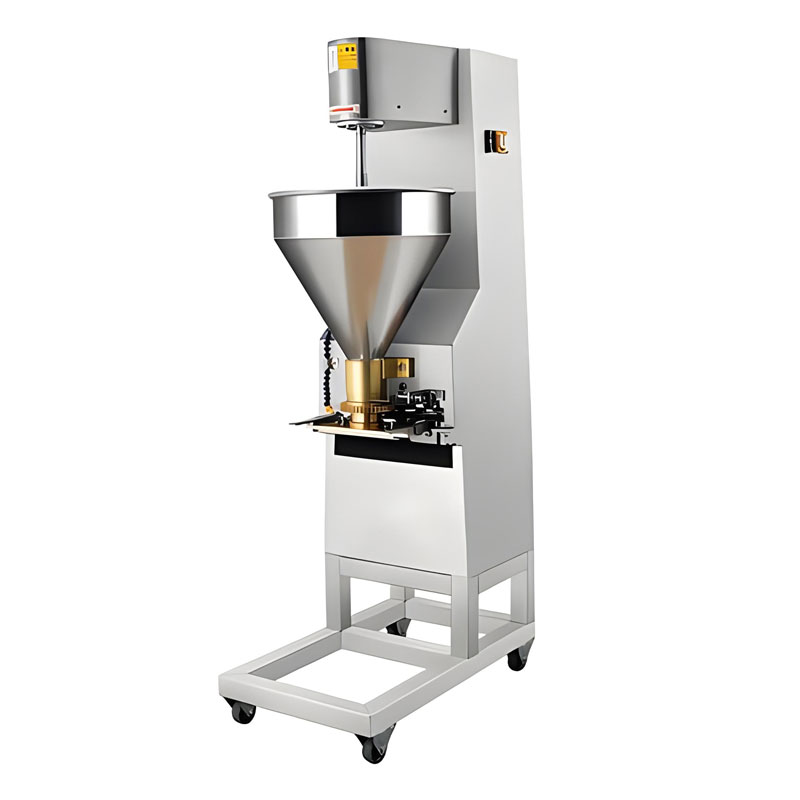
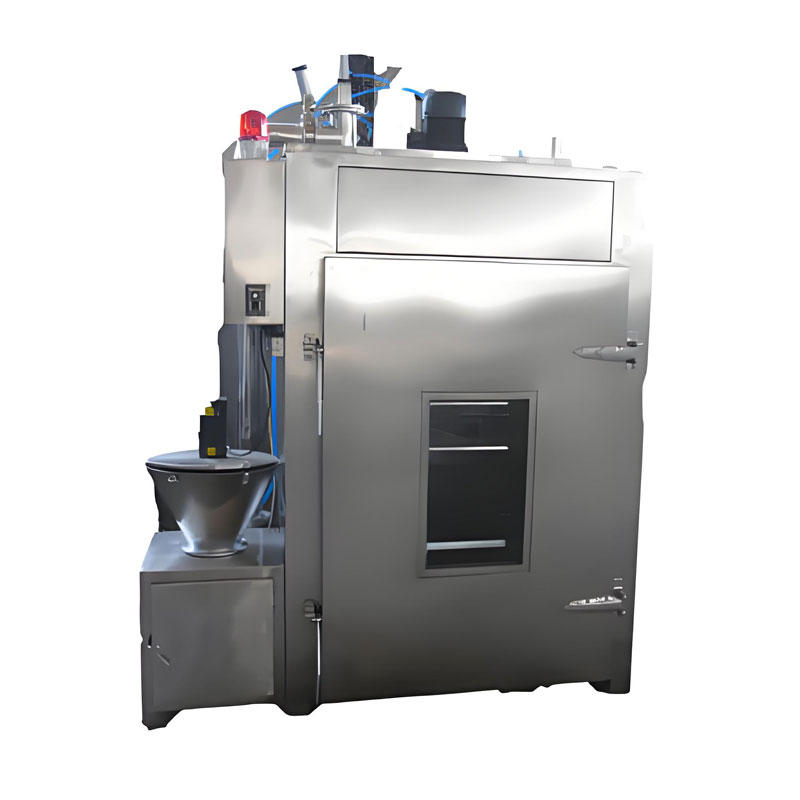
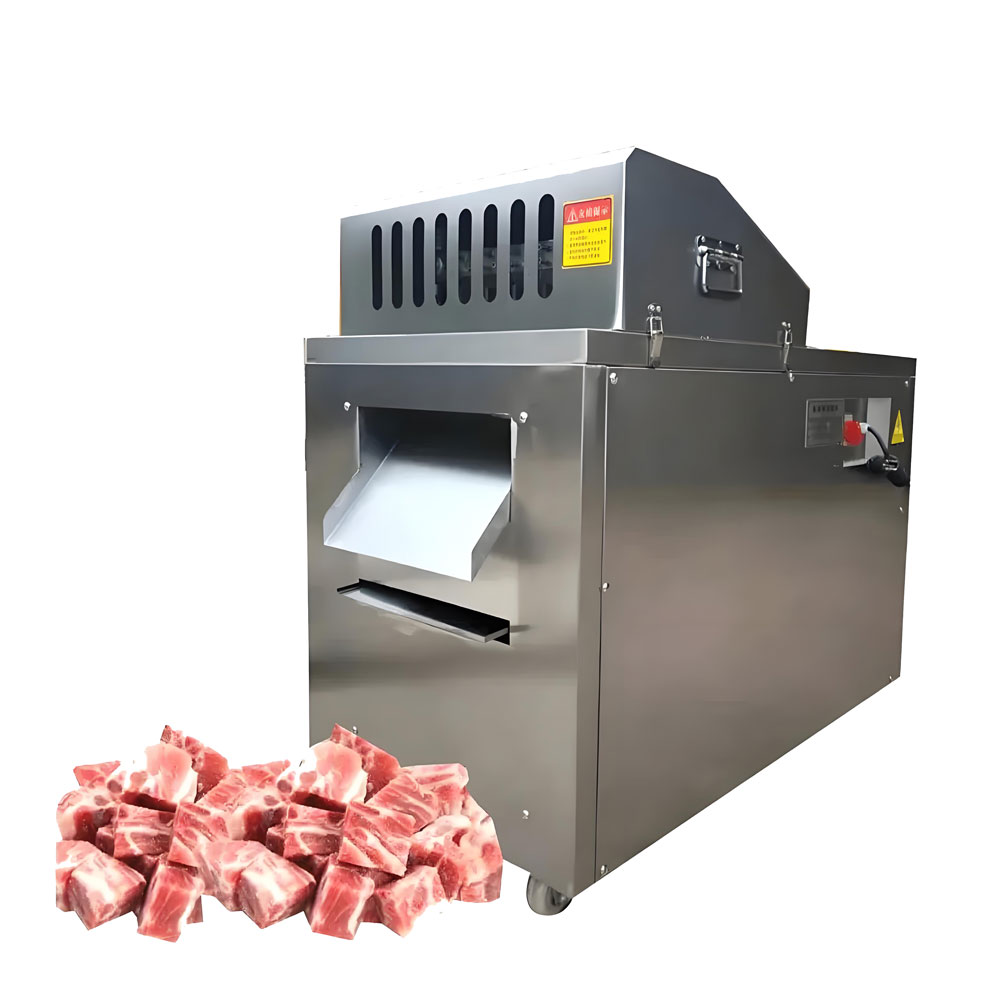
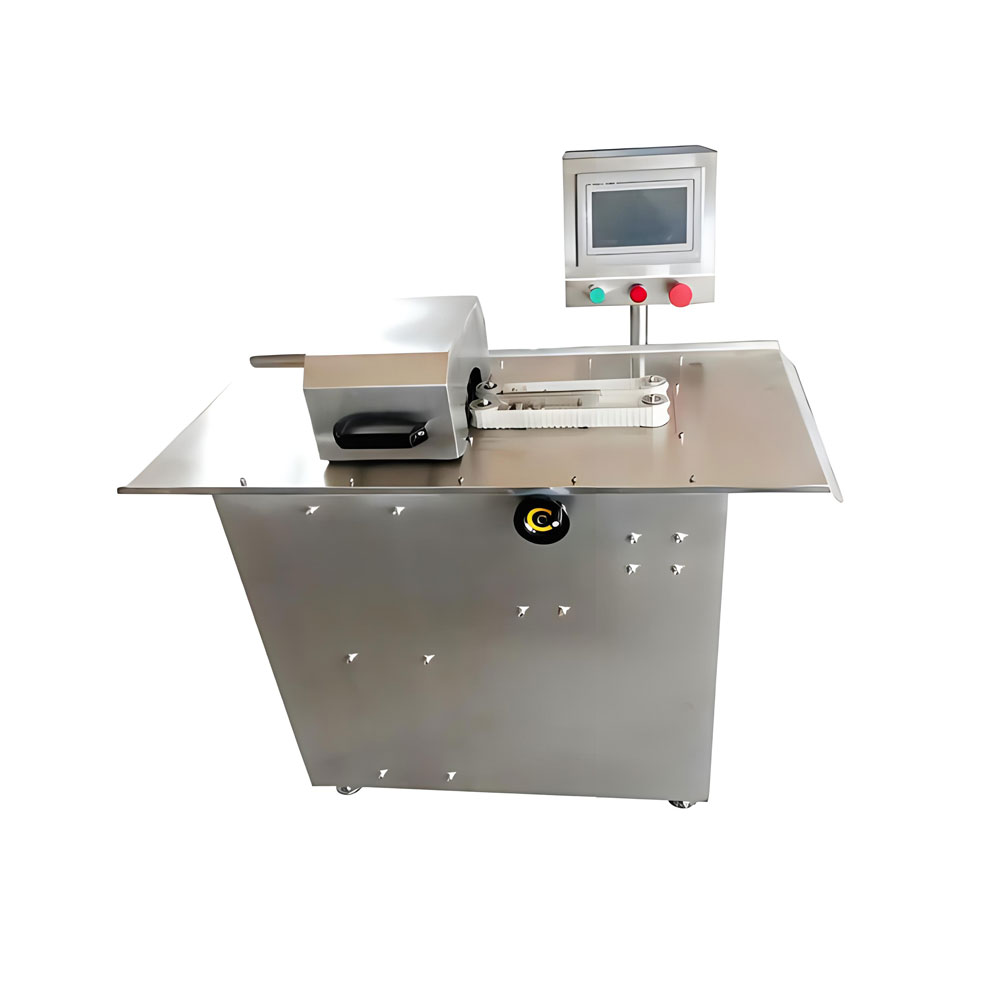
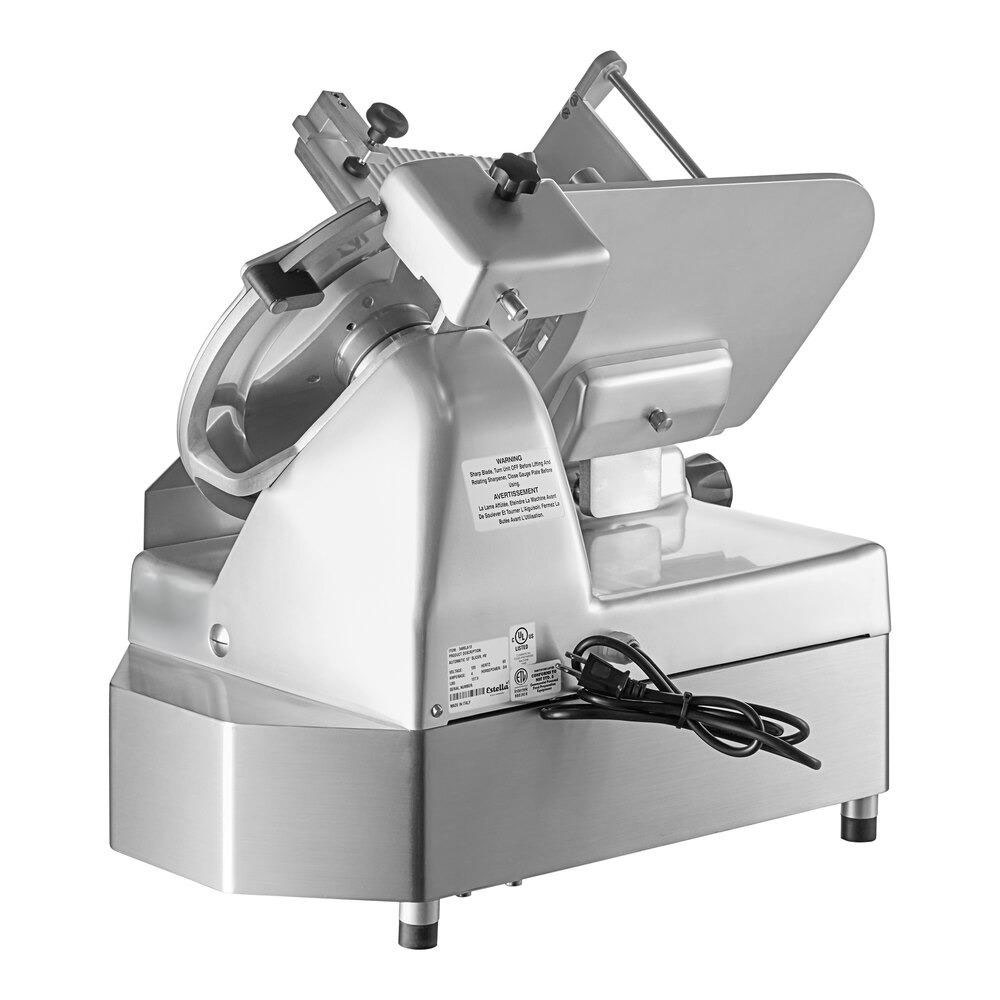
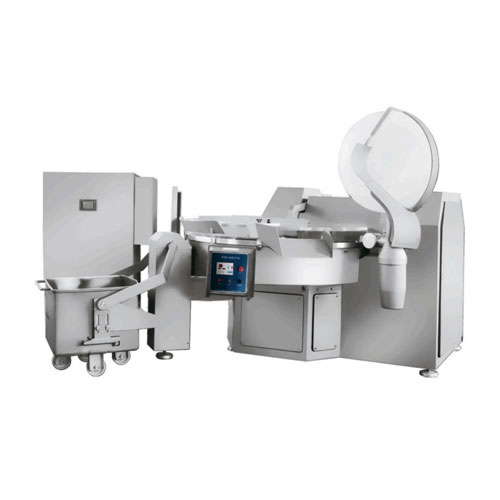
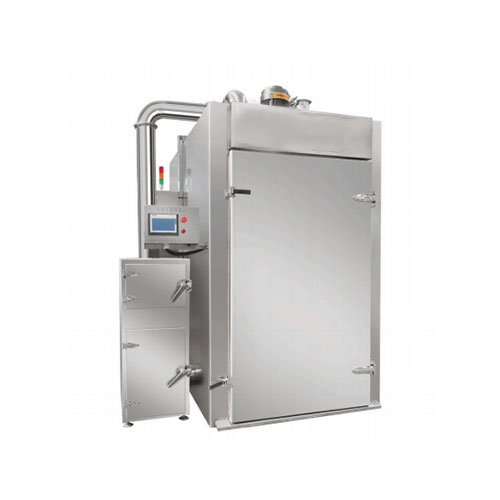
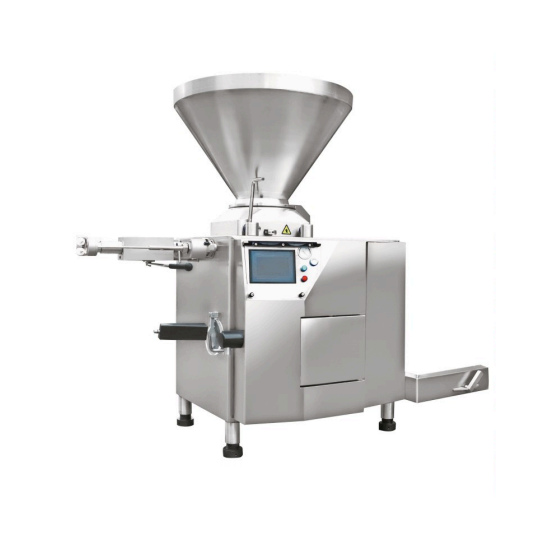
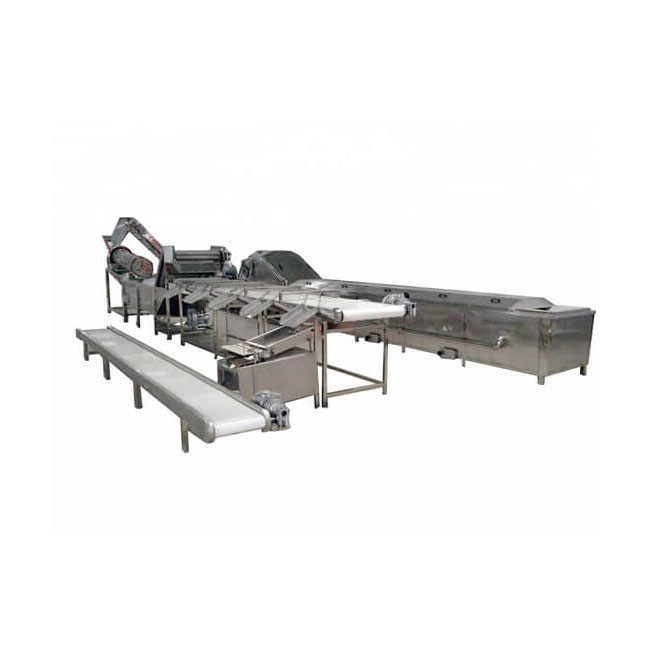
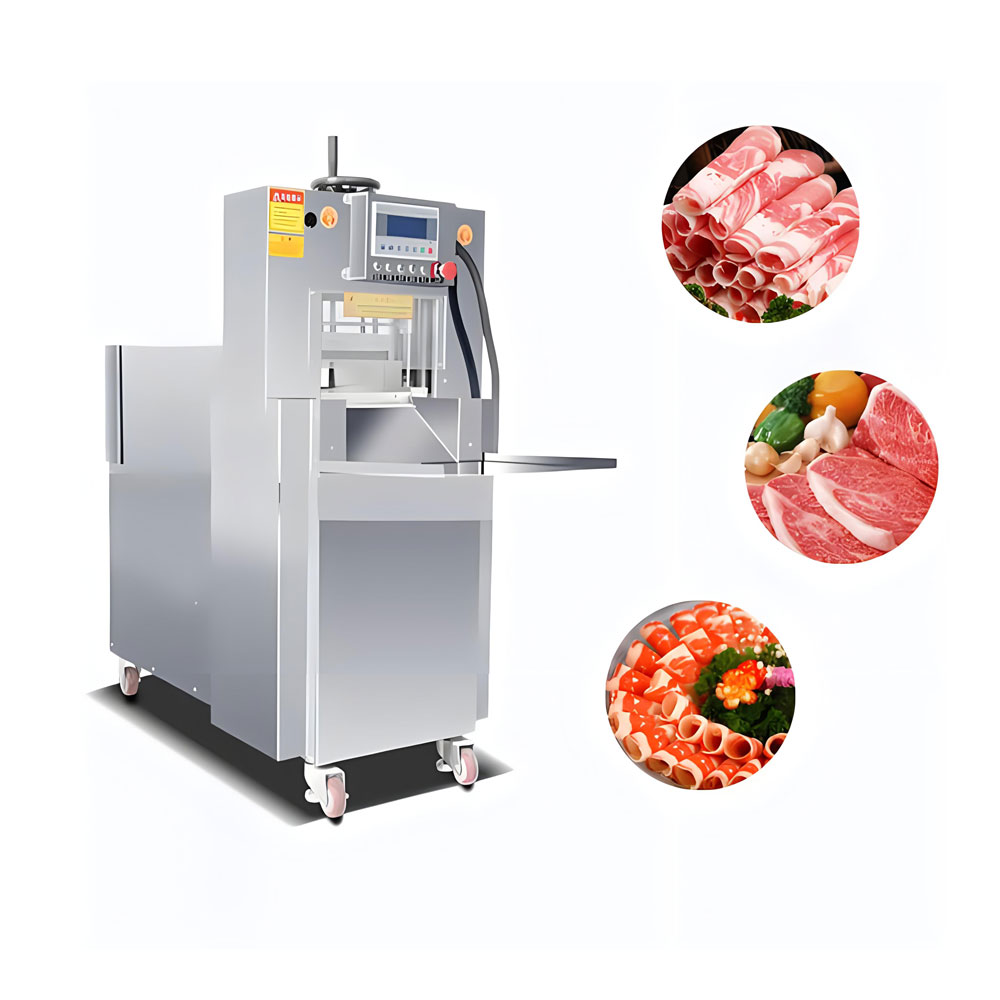
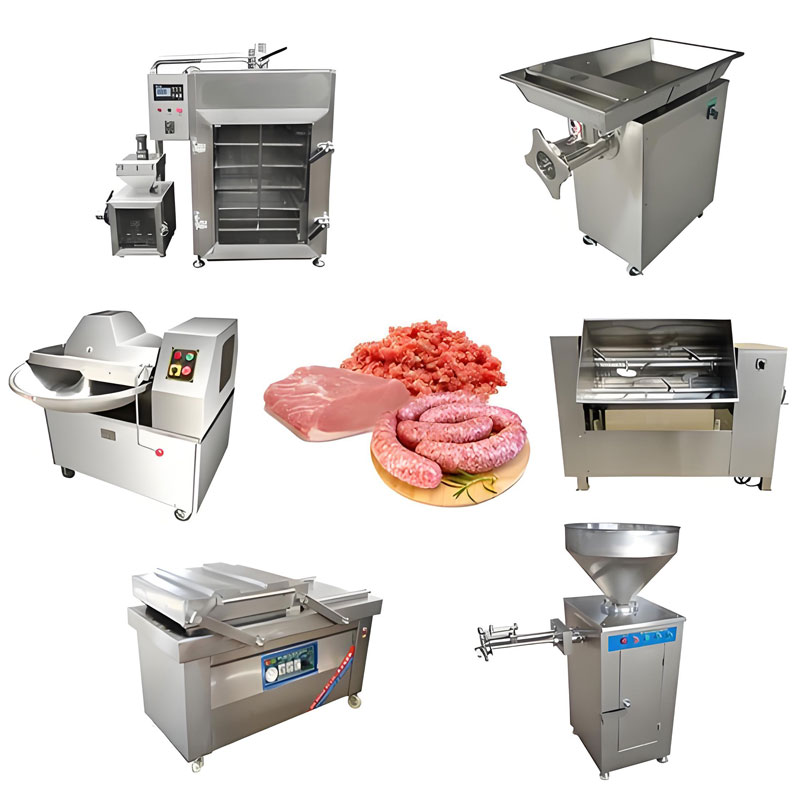 Sausage Stuffer Machine
Sausage Stuffer Machine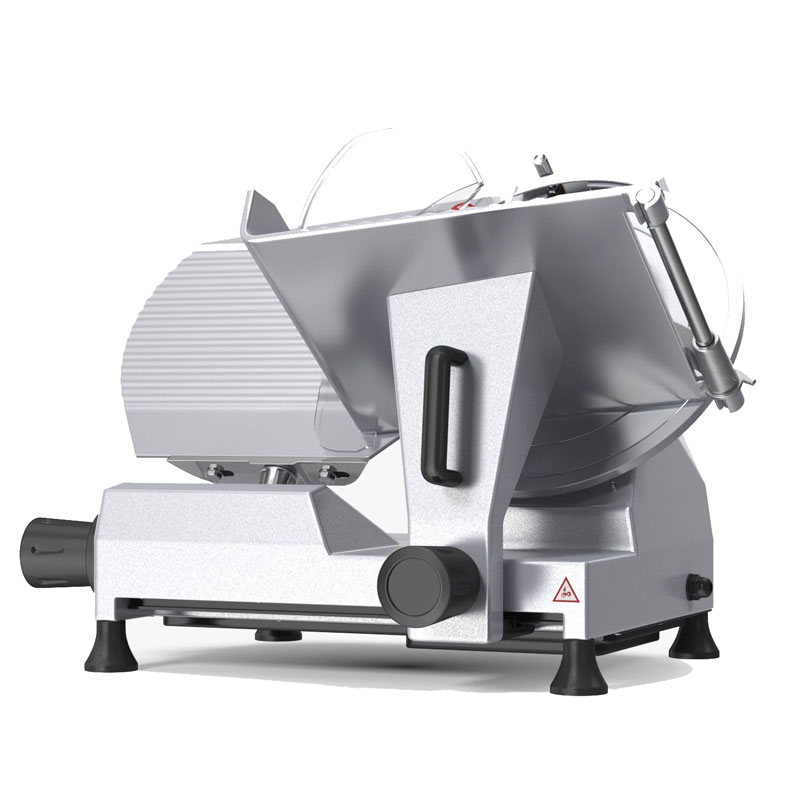 Heavy Duty Meat Slicer Machine
Heavy Duty Meat Slicer Machine
Ready to Get Started?